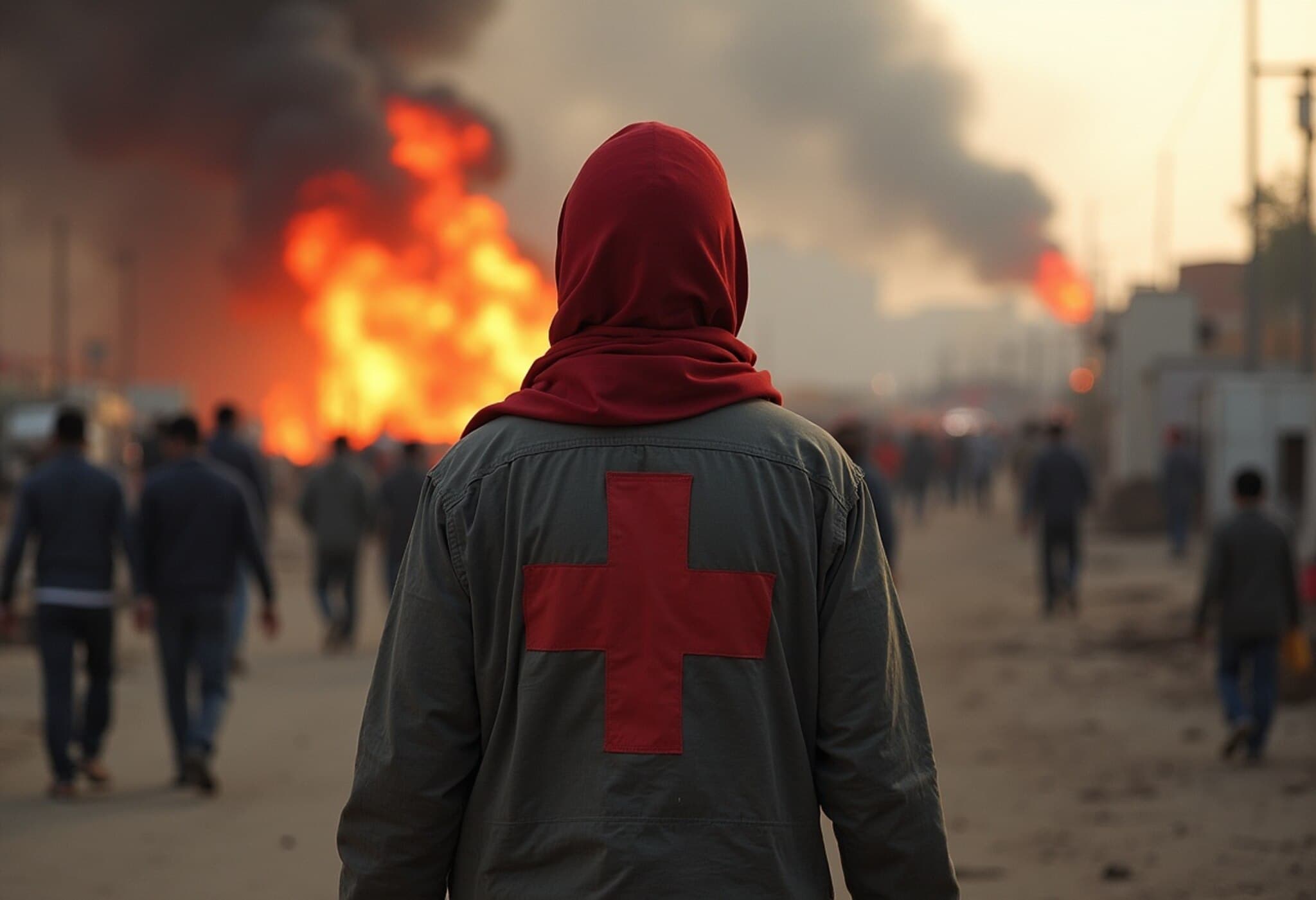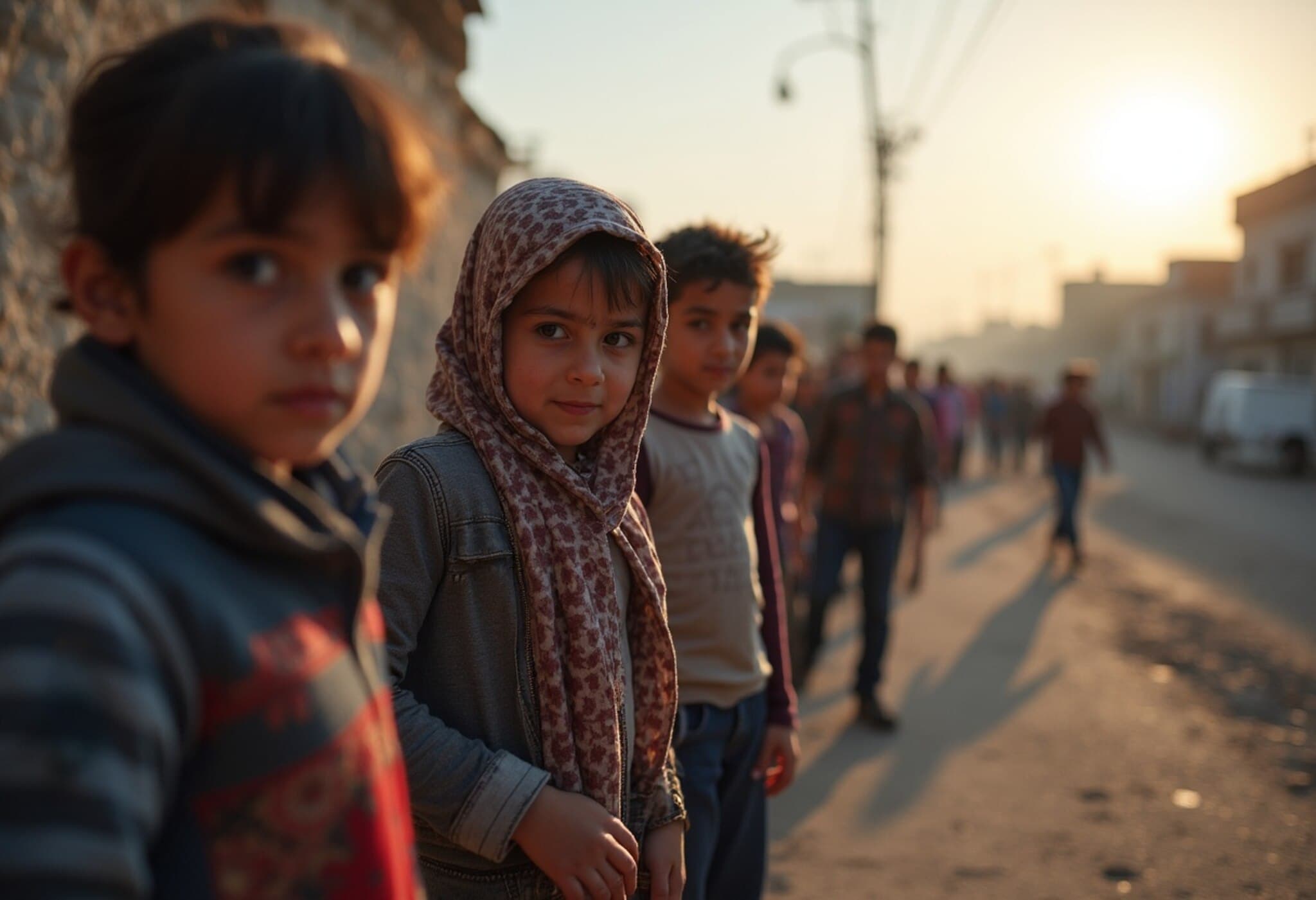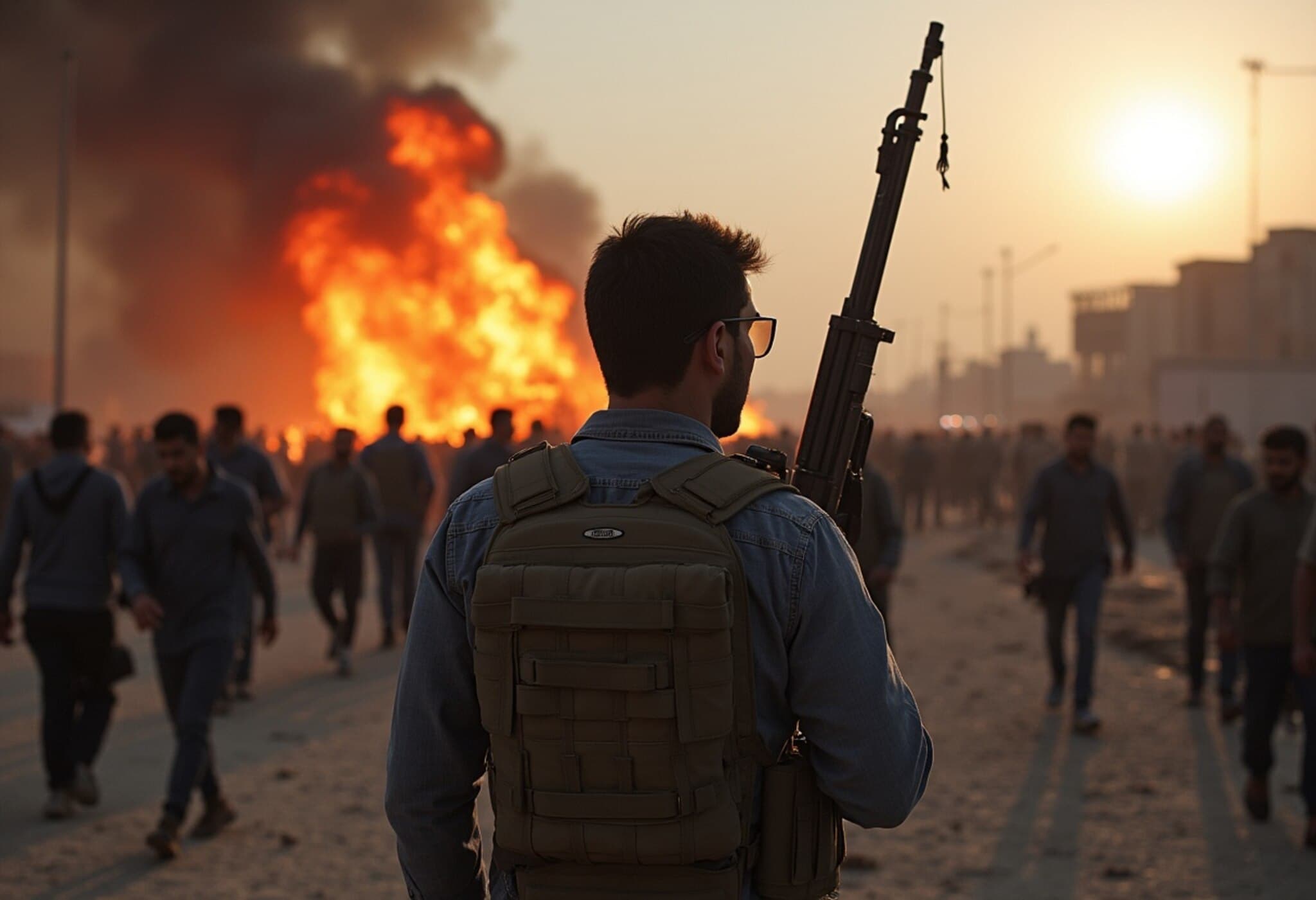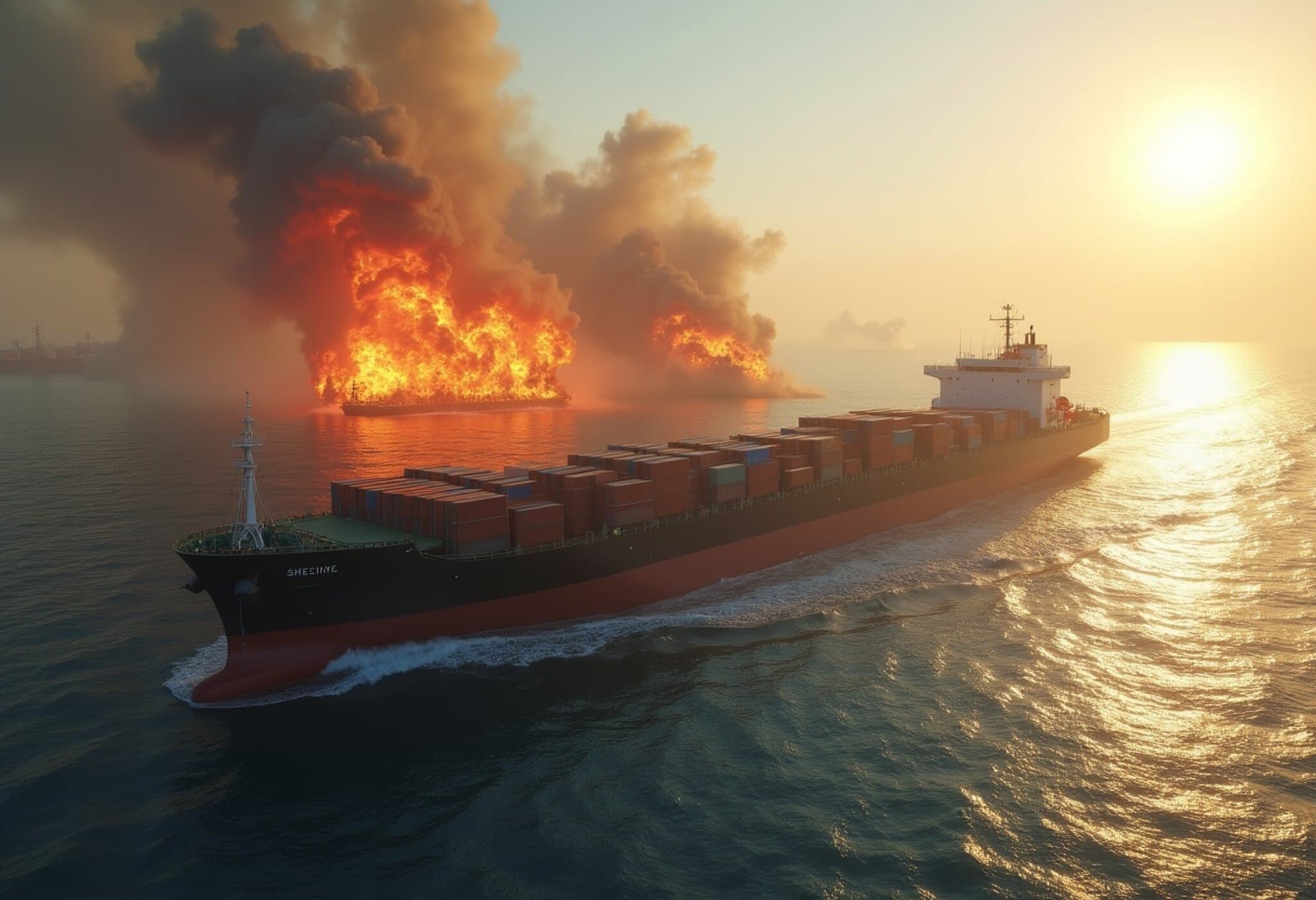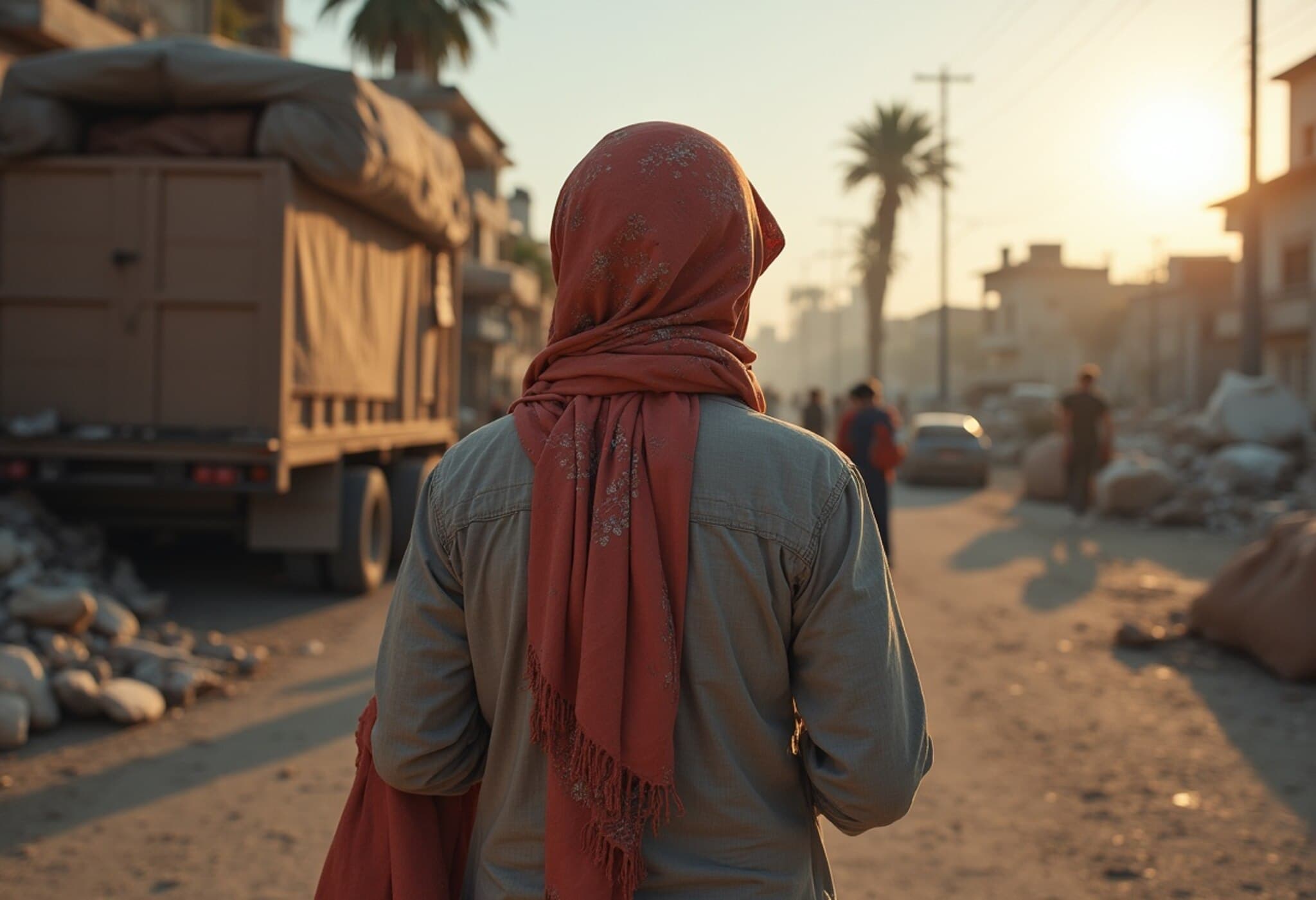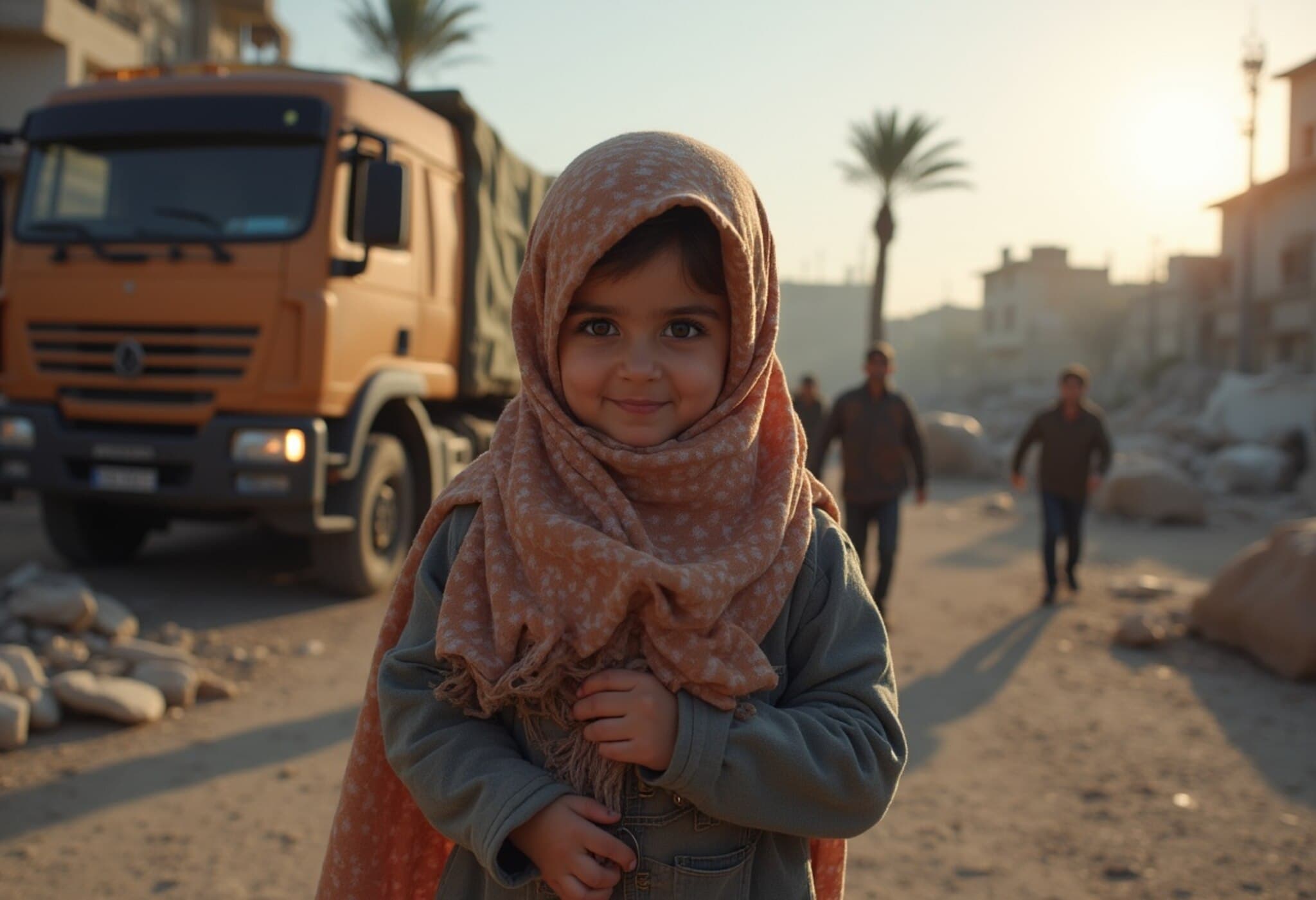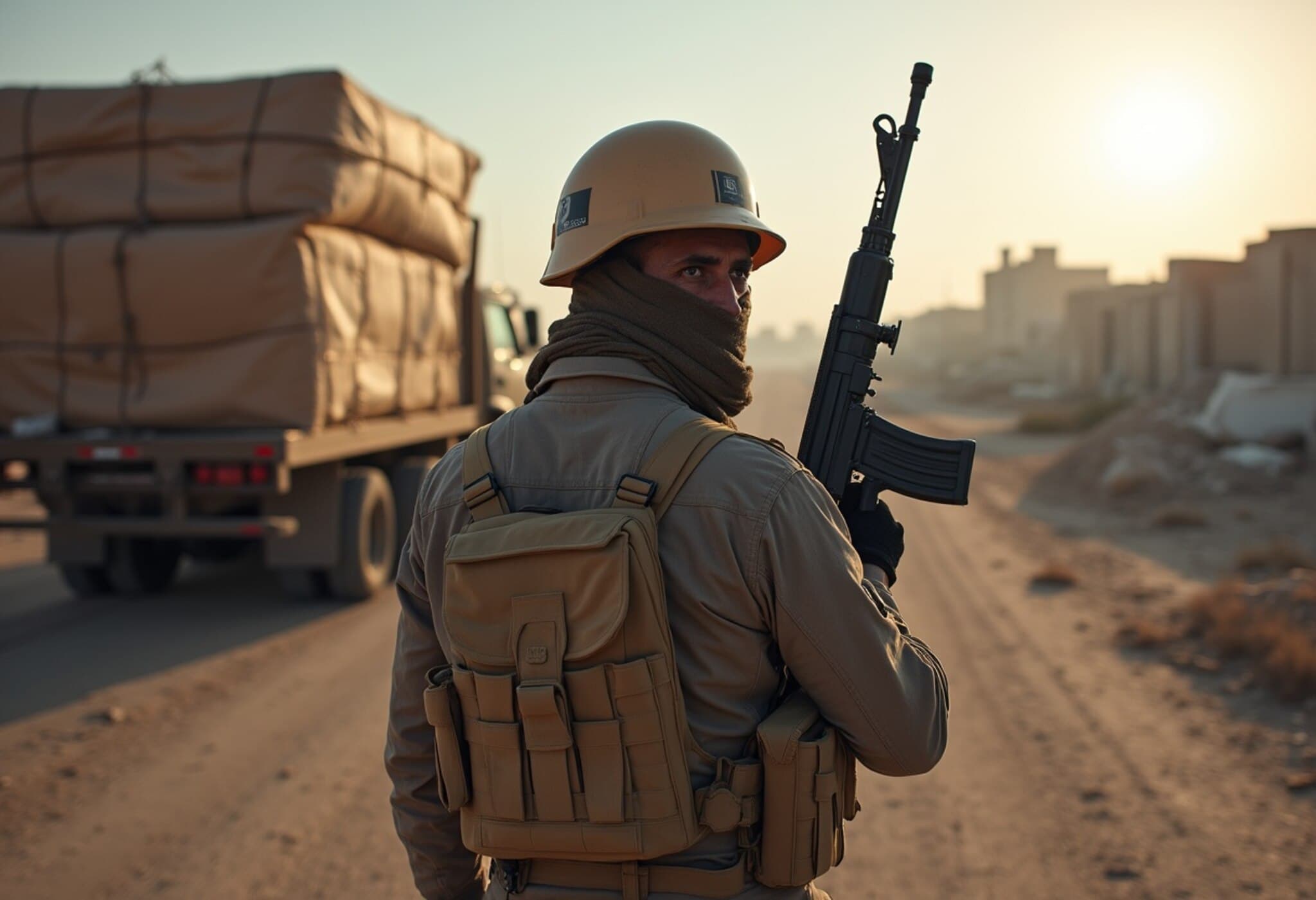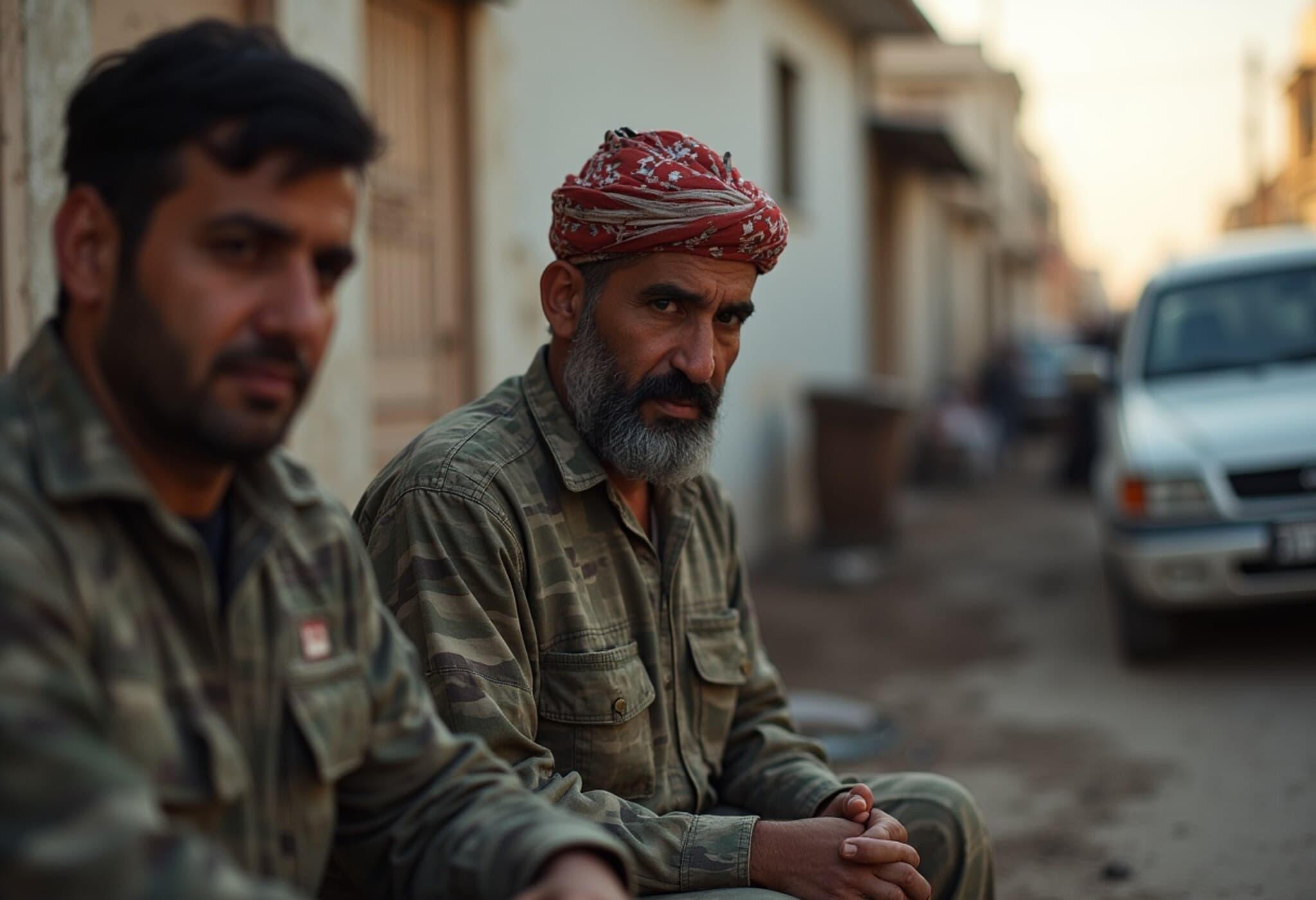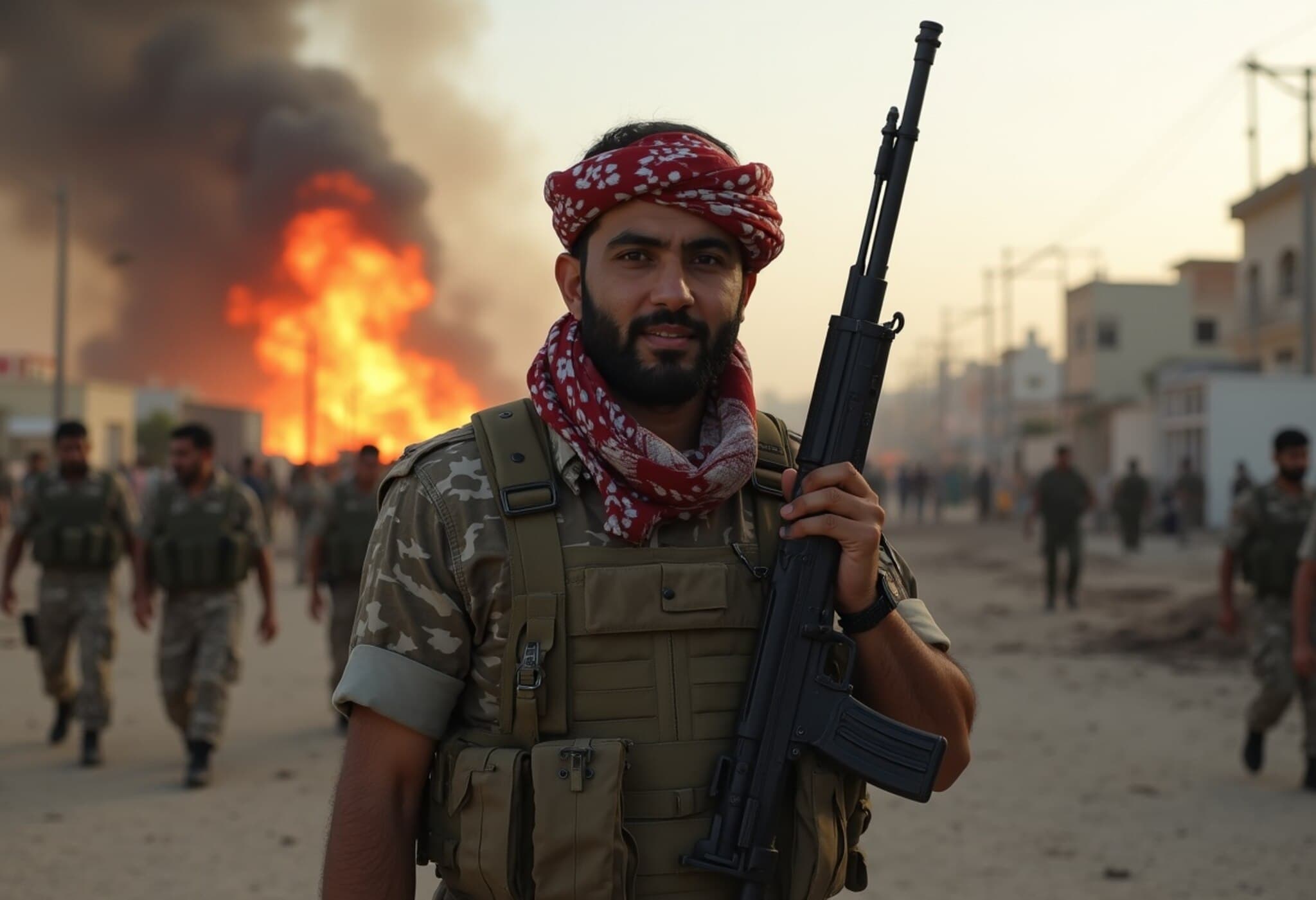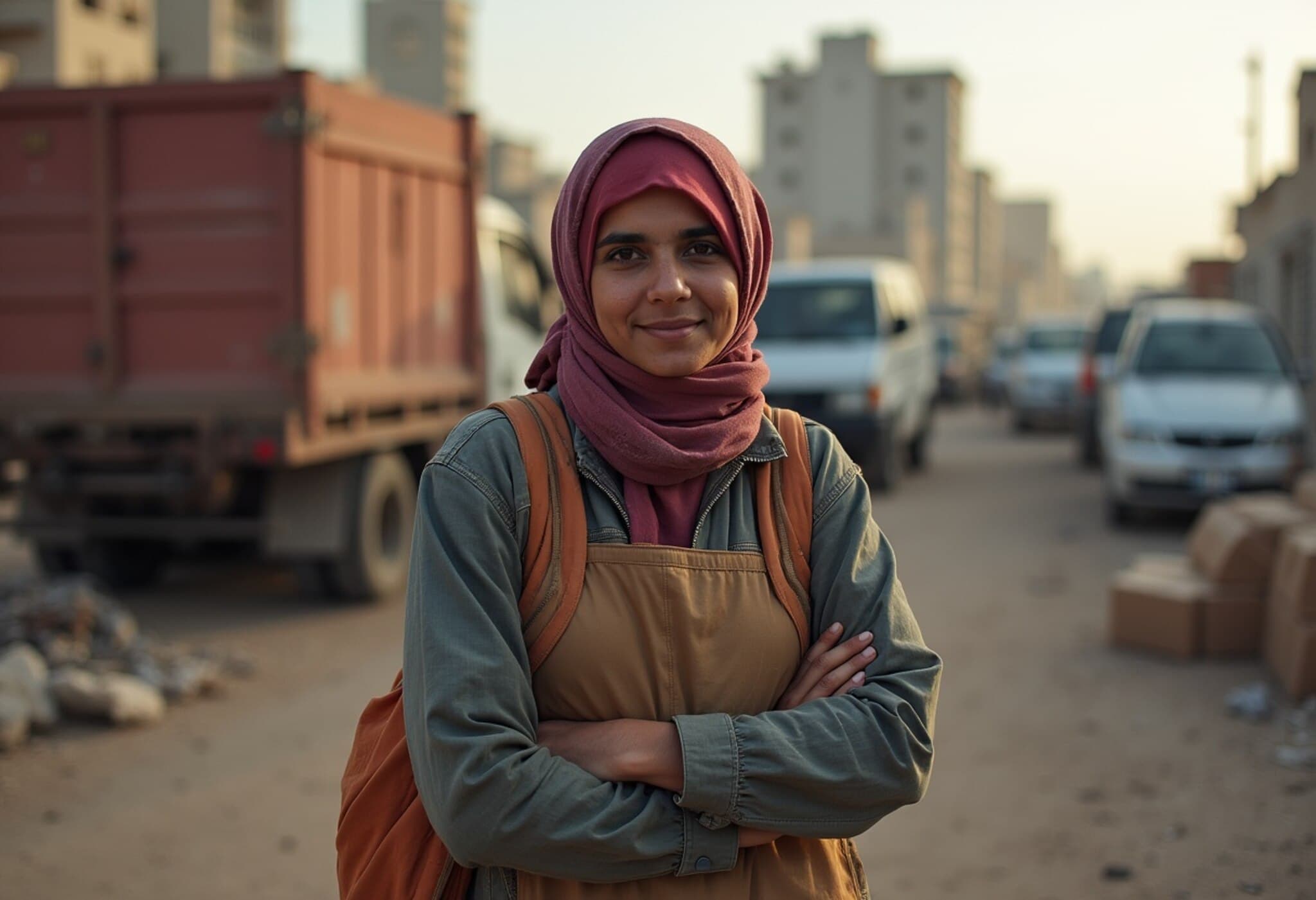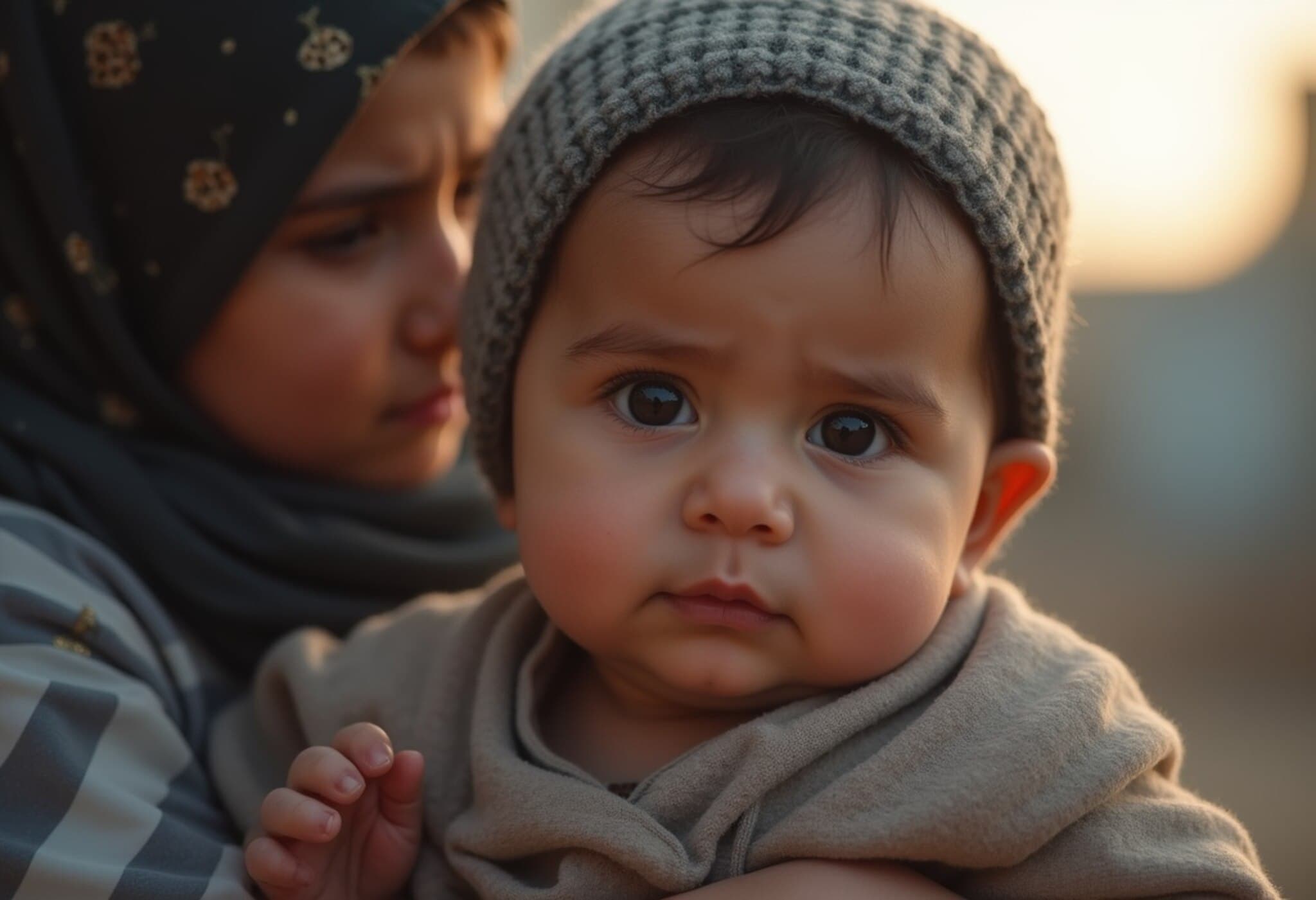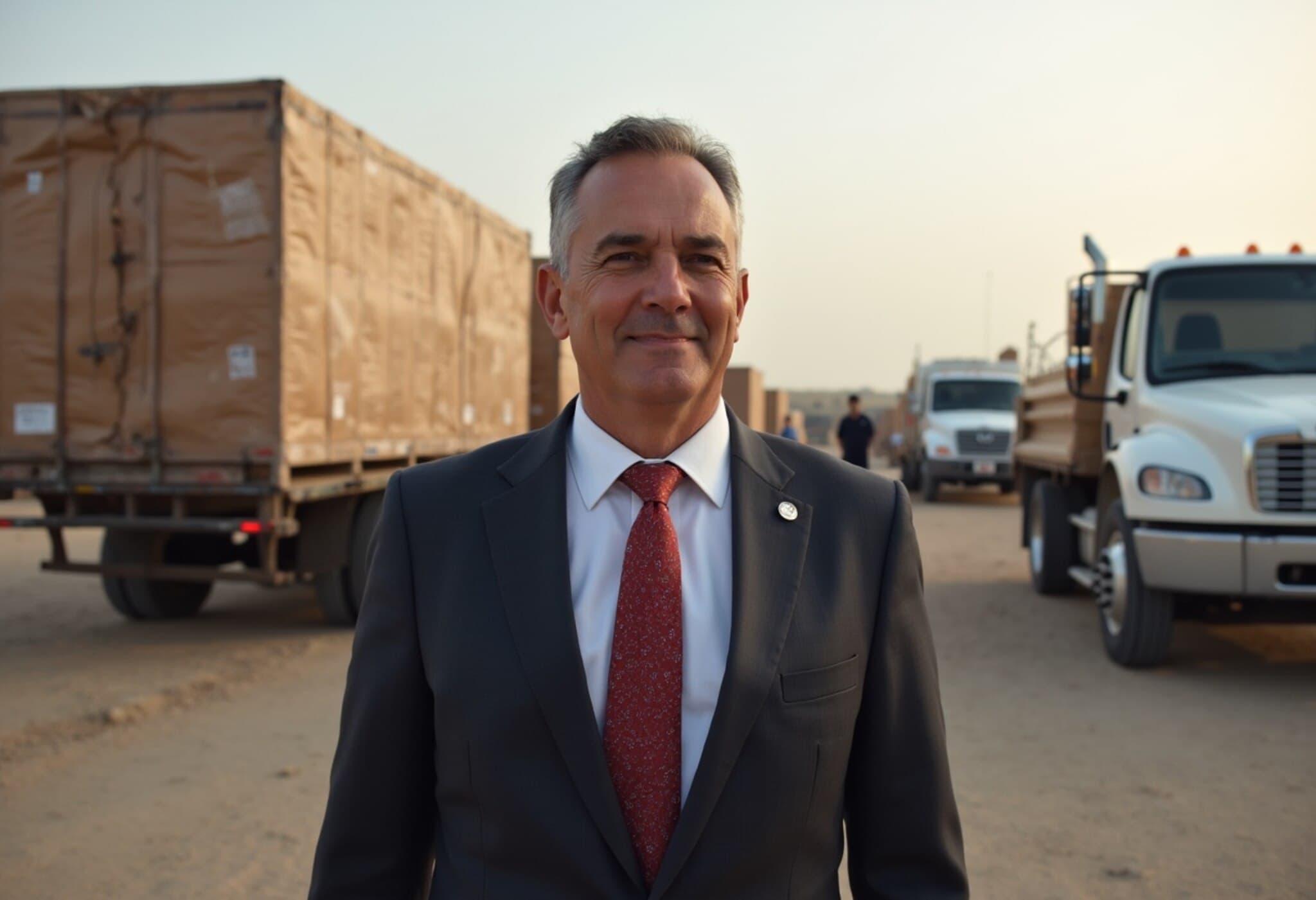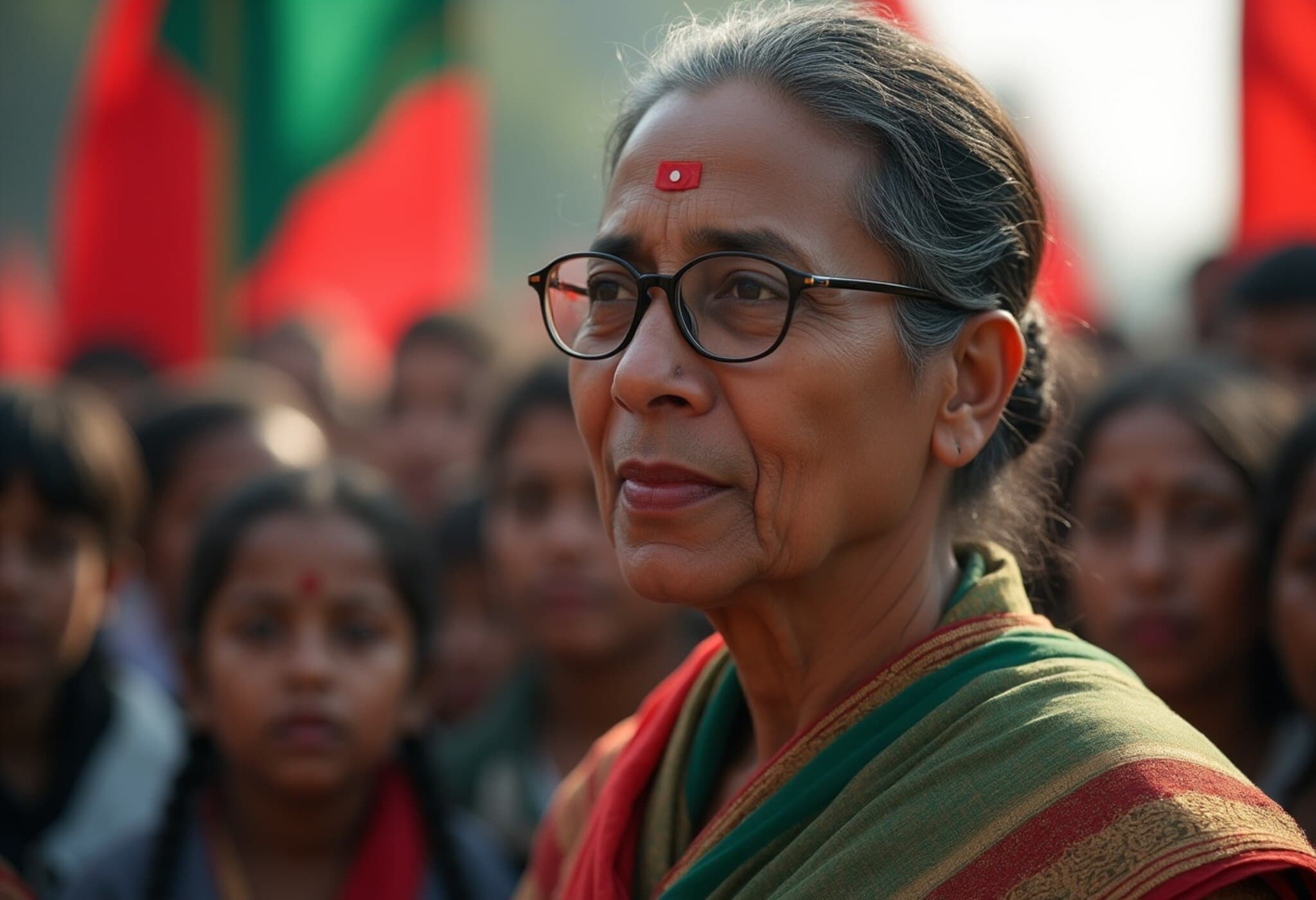Hamas Proposes Humanitarian Aid for Hostages Amid Continued Conflict
On August 4, 2025, amidst an escalating humanitarian crisis in Gaza, Hamas publicly expressed a conditional willingness to cooperate with the International Committee of the Red Cross (ICRC) to deliver aid to Israeli hostages held in the enclave. This announcement arrives shortly after the release of a harrowing video showing one of the captives in a severely weakened state, a move that has intensified international alarm and prompted urgent United Nations Security Council discussions.
Hamas Conditions Aid Delivery on Ceasing Israeli Bombardments
Hamas’s statement hinges on critical demands: Israel must permanently halt its airstrikes on Gaza and establish secure humanitarian corridors to facilitate aid distribution to the hostages. This stance highlights the group’s strategic use of hostage welfare as leverage and spotlights the dire conditions inside Gaza where hostages are reportedly held.
Current Israeli intelligence estimates suggest approximately 50 hostages remain in Gaza, with grave concerns that only around 20 are still alive. Despite widespread calls from international humanitarian organizations, Hamas has so far denied direct access to the captives, leaving family members in agonizing uncertainty about their loved ones’ conditions.
Disturbing Video of Israeli Hostage Sparks Global Outcry
The video released by Hamas features Evyatar David, an Israeli captive, who appears emaciated and is filmed digging what he states is his own grave — a grim testament to the brutality of captivity conditions. The footage has provoked strong condemnation from Western governments, including France, Germany, the United Kingdom, and the United States.
In response, Israel has called for an emergency session of the UN Security Council to address the hostage crisis directly. Israeli Prime Minister Benjamin Netanyahu has urged the Red Cross to facilitate humanitarian aid deliveries to those held captive, emphasizing the urgency of the situation.
Voices of Hostage Families Continue to Demand Immediate Action
The Hostages Families Forum, representing relatives of those held in Gaza, condemned Hamas’s tactics, reminding that the group has detained innocent people in inhumane conditions for over 660 days. The forum insists that Hamas bears full responsibility for the hostages’ wellbeing, stating: "Every hostage who dies will be on Hamas’s hands." Their plea underlines the emotional toll and escalating desperation among families, who remain in the dark about their loved ones’ fates.
Humanitarian Crisis Deepens in Gaza Amid Limited Aid Access
Meanwhile, Gaza's health ministry reported six additional deaths due to starvation or malnutrition within 24 hours, increasing the total death toll from hunger-related causes since the war's outbreak to 175, including 93 children. This grim statistic underscores the broader humanitarian disaster unfolding under the blockade and conflict conditions.
Egyptian state media announced the imminent entry of two trucks carrying 107 tons of diesel fuel — crucial for hospitals and essential services — into Gaza. Israel’s coordination agency, COGAT, confirmed the arrival of four UN fuel tankers, a vital component for sustaining critical infrastructure such as medical facilities and bakeries.
However, fuel and aid shipments remain sporadic and heavily restricted, with widespread shortages impairing healthcare operations. Doctors are forced to prioritize only critically ill or injured patients, illustrating the unbearably dire medical conditions.
International Aid Efforts: Air Drops and Ground Deliveries
In recent days, Belgium and France have initiated air-drop humanitarian aid missions over Gaza, attempting to bypass the logistical constraints. Belgium joined forces with Jordan in a joint operation delivering crucial supplies, while France contributed 40 tons of aid via air-drop, demonstrating a growing international commitment to alleviate civilian suffering.
Despite over 1,600 aid trucks reportedly entering Gaza since late July, local sources and humanitarians warn that many shipments have been looted amid chaos and desperation. Aid distribution remains fraught with challenges, complicated by ongoing conflict and internal security issues.
Escalating Violence and Human Cost
The Israeli-Palestinian conflict’s toll continues to rise sharply. Palestinian health authorities reported at least 80 deaths from Israeli airstrikes and gunfire on the same day as the video release, including civilians en route to aid centers. Among the casualties was a Palestinian Red Crescent Society staffer following an Israeli strike on its Khan Younis headquarters, signaling the perilous environment confronting humanitarian workers.
Since the October 7, 2023 attack by Hamas, which resulted in over 1,200 Israeli deaths and the taking of 251 hostages, the ensuing Israeli military campaign in Gaza has claimed more than 60,000 Palestinian lives, according to enclave health officials. The deepening crisis raises critical questions about the future of hostages, civilian protection, and pathways toward conflict resolution.
Expert Analysis: A Complex Humanitarian and Political Struggle
The hostage situation serves as a tragic focal point of the multi-layered conflict between Israel and Hamas, illuminating broader regional instability and humanitarian concerns. Experts highlight that while humanitarian aid is indispensable, its delivery is intertwined with profound political negotiations. The demand for safe corridors is not merely logistical but a pressing human rights imperative.
International law underscores the responsibility of all parties to ensure the protection and humane treatment of hostages and civilians. The deliberate use of hostage welfare as leverage complicates diplomatic efforts and jeopardizes compliance with humanitarian norms.
In the American context, lawmakers and policy analysts observe the interplay of U.S. foreign policy decisions, humanitarian funding, and strategic support to Israel, emphasizing the need for balanced approaches that uphold human dignity while addressing security concerns.
Looking Ahead: Humanitarian Access and Conflict Resolution
The unfolding events highlight the urgent necessity for expanded humanitarian access to Gaza and transparent dialogue regarding hostages’ status. With millions displaced and basic services crippled, the international community faces mounting pressure to enforce ceasefire agreements and facilitate aid deliveries.
Ultimately, the fate of the hostages and the broader civilian population hinges on complex negotiations and the willingness of both sides to prioritize human lives over political objectives. This situation invites deeper reflection on how global actors can effectively mediate in protracted conflicts to avert further human suffering.
Editor's Note
As the hostage crisis in Gaza intensifies, it serves as a grim reminder of the human cost embedded in geopolitical conflicts. The conditional aid offer by Hamas spotlights the complex intersection between humanitarian needs and political leverage. Readers are encouraged to consider the multiple layers at play—legal, ethical, and humanitarian—while reflecting on the crucial role of international actors in protecting vulnerable populations amid protracted warfare.
What mechanisms can best ensure the safe delivery of aid and justice for hostages? How might shifting political dynamics reshape efforts toward peace and recovery? These urgent questions underscore the vital need for sustained, informed engagement with the evolving crisis.

